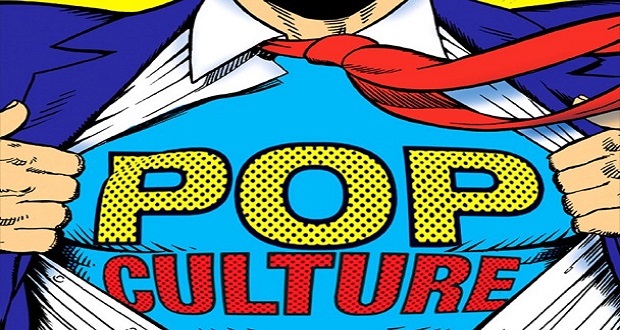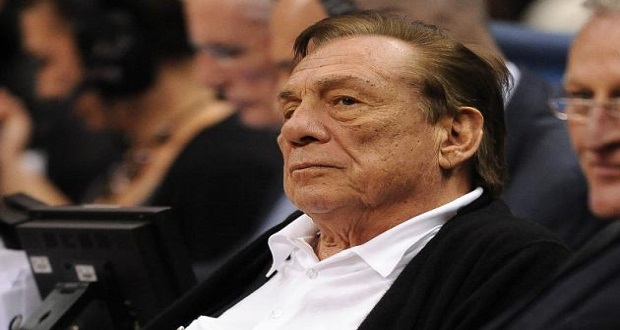
I just started my first year as a full time PhD student (pray for me) so my whole world has become a search for research questions. Today I wanted to share with you some initial thoughts–which are admittedly more like questions than answers—that I hope will encourage your thinking about similar issues.
My program is in organizational science, which means that we exclusively focus on issues related to work—and this usually means for-profit businesses. The program is already proving to be a unique challenge given my background in philosophy, theology, and sociology (disciplines not traditionally focused on applied organizational issues). I’ve typically been interested in topics like race, religion, social class, and popular culture and I have had almost no exposure to management or business studies. And although diversity work has proven to be fertile ground for my interests in cultural things, I think a tendency has been to only look at dimensions of diversity within organizations, to the exclusion of what diversity looks like outside of them.
Increasing demands for diversity work to affect the bottom line and the pressure to make the business case for diversity has lead to a natural focus on the elements of diversity that explicitly impact particular organizational issues (leadership, attrition, engagement, inclusion, etc). I obviously think a practical, applied approach to diversity work is important (its why I do what I do), but I wonder if there is room to expand our view of diversity to include what goes on outside of organizations as much as we look inside.
I’m thinking specifically of the potential importance of including the realm of popular culture into organizational work of diversity. As a culture, we typically leave cultural discussions of popular music, movies, TV, sports and celebrities to journalists or other cultural experts. We have erected clear boundaries around our organizations as places where popular culture is not welcome. We build these walls around the accepted language, music and media that is allowed into organizational life to keep the atmosphere neutral, focused, and free of conflict. The result has been organizations that are void of cultural flavor and filled with employees who must “leave their culture at the door.” I have many times worked with clients who shy away from bringing up issues of diversity using examples from popular culture for fear of being too controversial or “off-topic.”
If the world of work is changing to include work-life balance and the holistic employee, then the role that popular culture plays in our lives will inevitably be a point of interest. For many people, popular culture is where issues of race, gender, sexuality, and religion are negotiated and made sense of. It is small minded to expect that employees do not bring the wealth of cultural experiences into their work experience and identity.
Just last week, NY Times ran a controversial piece that involved discussions of the “angry black woman” stereotype in popular media. The conversation mostly took place on Twitter, through blogs and other major publications. But I wonder how many employees felt like their organizations were also places to share their thoughts, critiques, or frustrations. I also wonder if the examples of diversity issues that fill our table conversations are not also fertile ground for workplace discussions that could lead to more understanding and inclusion. I am thankful to be a part of an organization, The Winters Group, which has not shied away from controversial issues and popular culture. My hope is that more organizations would embrace the power that culture has in our lives—inside and outside of work—despite the possible challenges that will come with it.


















